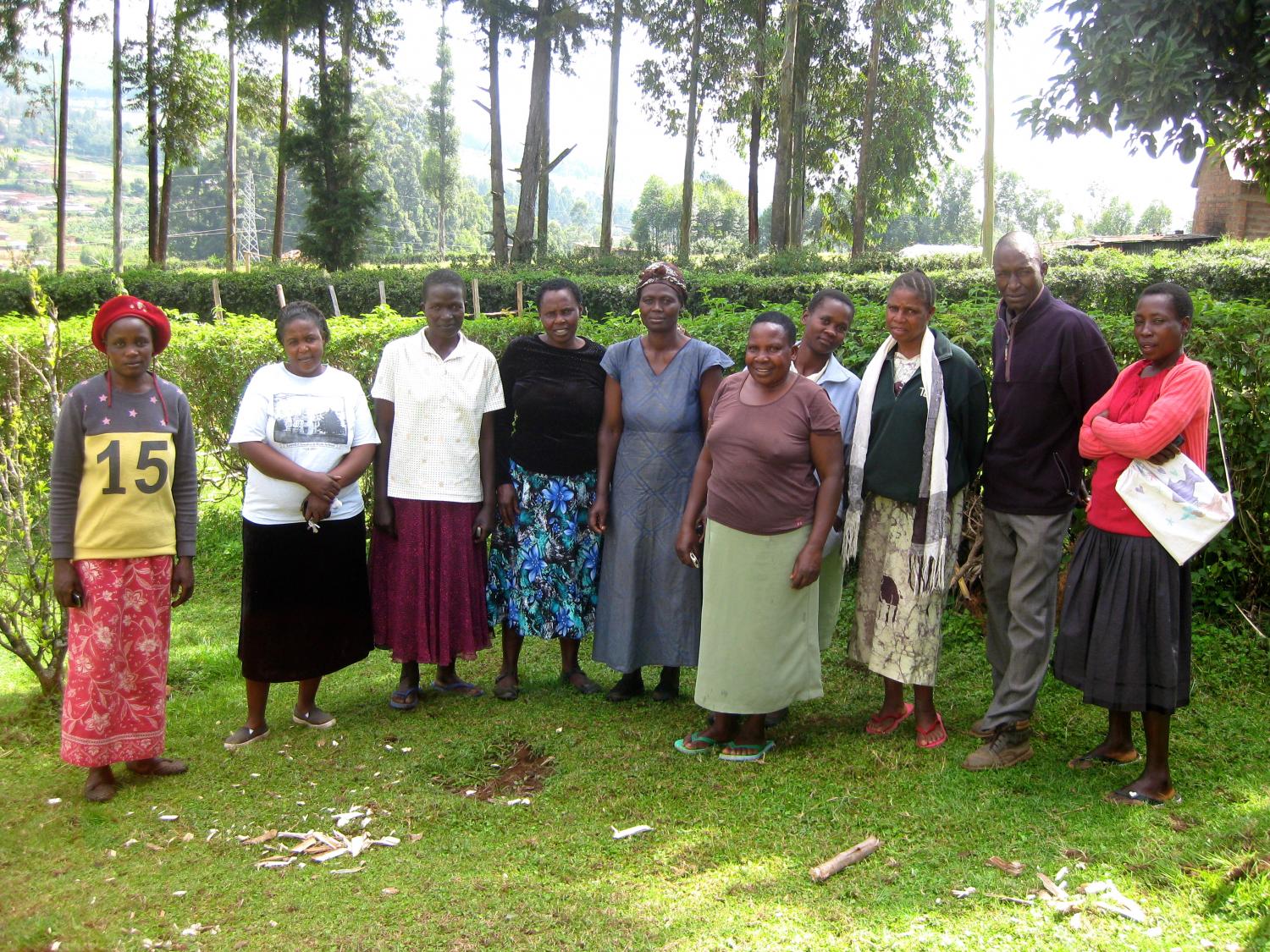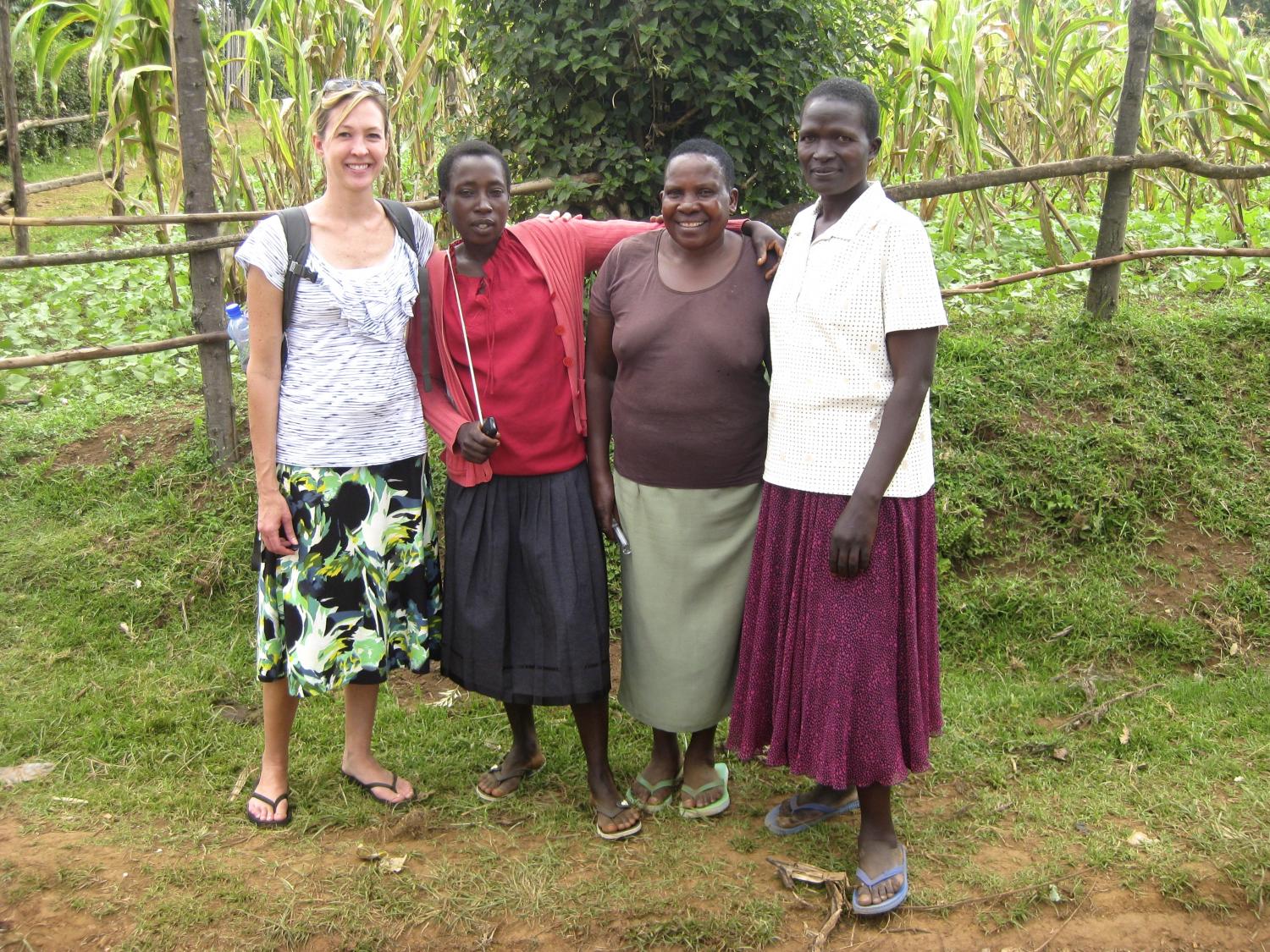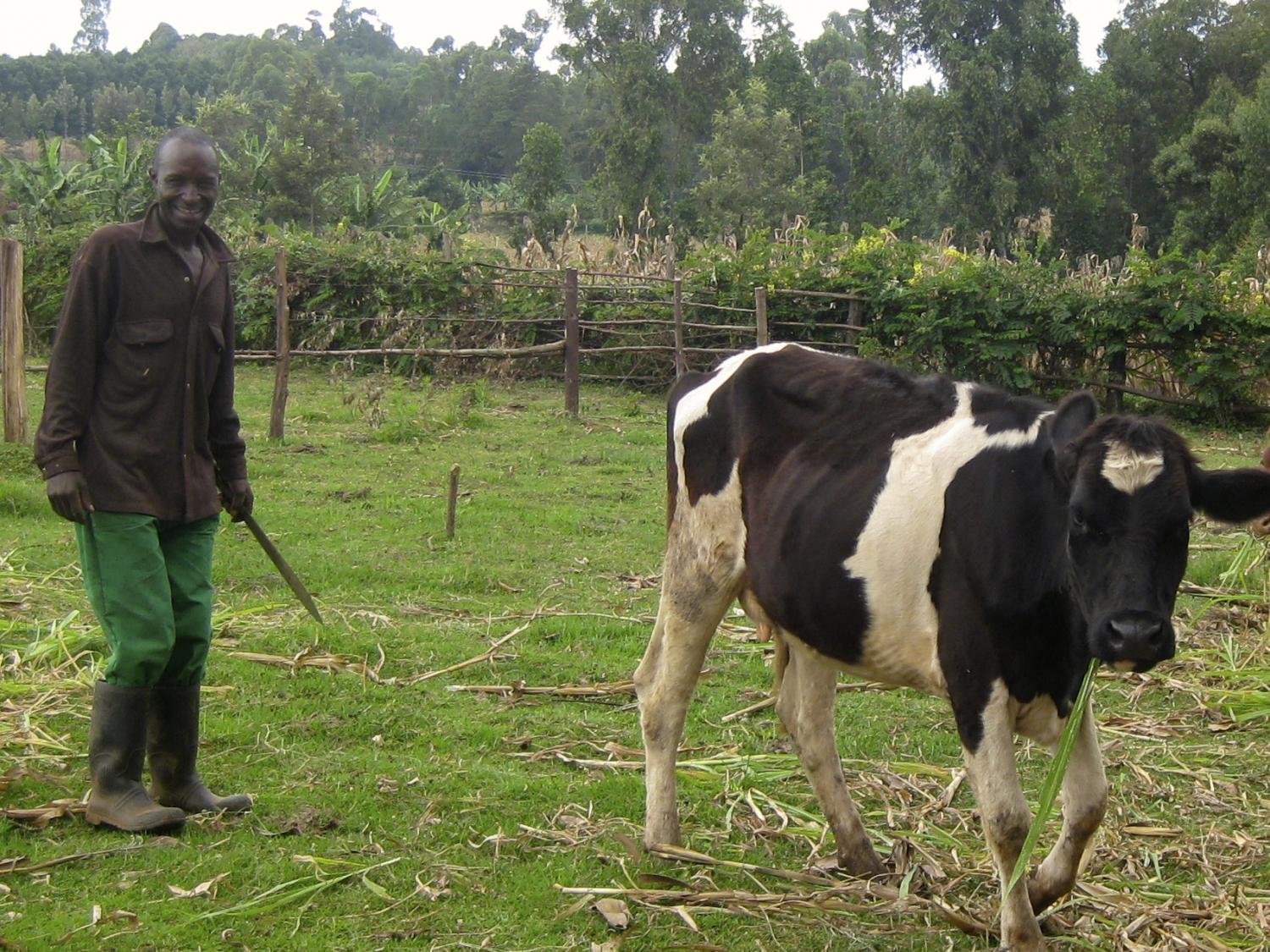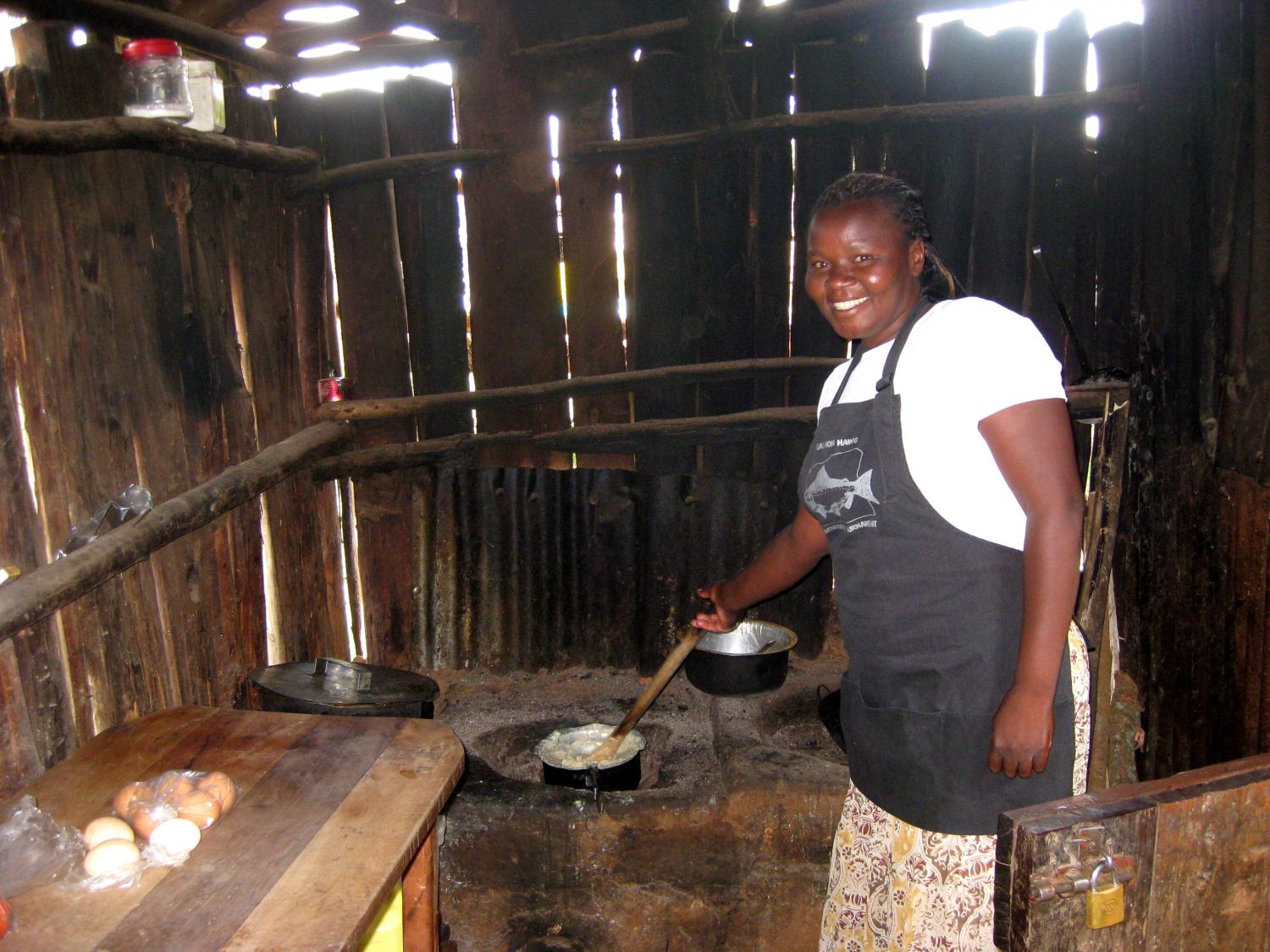

I arrived to a tiny, dusty roadside stand with three wooden stalls and a few locals hanging around. This was Matutu, a small village in Western Kenya. I hoped this Matutu anyway. There were no signs, and it isn’t on Google maps. A boda boda driver took me to my meeting point. A school somewhere nearby.
As we drove down the dusty, dirt roads, I was mesmerized by the scenery of lush, green, rolling hills. And the locals were equally enamored with me. Group after group of children running behind the motobike, yelling “Mzungu! Mzungu!” Most of them waving and smiling; a few looking too shocked or timid to react. Even some of the adults seemed genuinely tickled to see a white person in their village.

I would be meeting a dozen Kiva borrowers on my trip to Matutu, but I would spend the majority of the day with Martha, Joyce and Susan as they showed me their village and introduced me to other borrowers. It was the first time a Kiva representative had visited their small community, and they were eager to share their stories.
After a group meeting at Martha’s house, where we had Kenyan milk tea and bananas, we began a walking tour of the village, visiting the borrower’s farms and shops. It reminded me of rural Midwest communities. Not much more than farms and homesteads spread out, connected only by rough roads. We walked down the dirt road from home to home, covering a lot of distance, and sometimes picking up friends along the way. Me and my Kenyan mamas.

While the stories varied borrower to borrower, a common theme was gratitude for Kiva for enabling them to boost their businesses and better provide for their families. Some are not only caring for their own children, but also orphaned relatives. Most of the women I met were the primary breadwinners in their household, either because they are widowed or because their husbands aren’t working. These are strong, capable women (and men), and I feel blessed for having an opportunity to meet them.

As we walked along the road, we chatted. Me asking questions about Kenya and their area. Them asking me questions about America. Were all the things they had heard true? Is everyone in America happy? Are there really medicines that cure cancer and HIV? Is everyone in America skinny like the ones they occasionally see in their area? (I didn’t see that one coming.) We talked about the importance of education to their community. How it unlocks so many opportunities.

For these borrowers, one of the greatest benefits of a Kiva Zip loan is that the increased business revenue enables them to pay for school fees and uniforms. This is a top priority for the families I met. It may be something that we take for granted in more developed countries, even though we recognize the importance of a good education. I certainly realize what a difference education made in my life, the first in my family to go to university. But it’s hard for me to imagine children being pulled out of primary or even high school because their school fees aren’t current. It’s difficult for me to imagine how these children ever catch up, when they are missing such critical periods of learning.
As I was about to leave, they asked me about Americans being strict with time, and I laughed, admitting it was true. We have had many conversations in the office about meetings never starting on time. But today I enjoyed being on Kenyan time with a break from schedules and meetings, idly walking around the countryside, chatting with locals, partaking in life. I left Matutu with a huge smile on my face. And a new nickname. Mzungu.

PREVIOUS ARTICLE
Chai Lattes and Mobile Offices - The Kiva Fellows' Life →NEXT ARTICLE
Reaching the Rural: The Vulnerable Services Unit at KREDIT →













